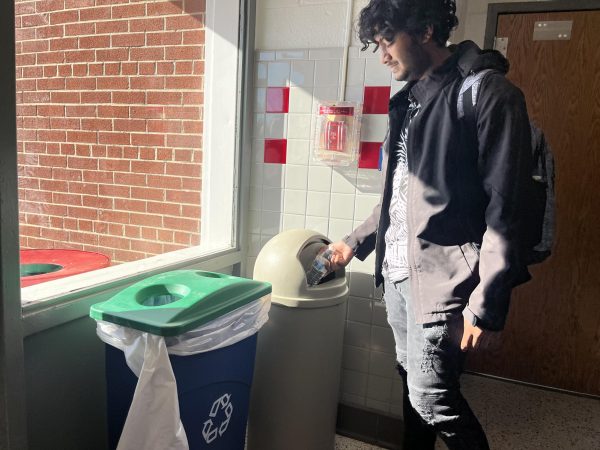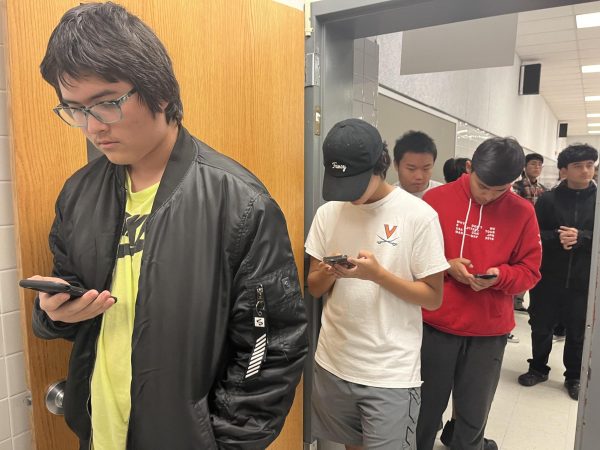New SOL testing policy is unfair
As the school year finishes up, students are seen stressing about SOLs
and finals as studying becomes overwhelming. This year, a new policy
was introduced that would combine SOLs and finals. The policy acts as
an incentive for students to pass their state tests.
A week before SOL testing began, Fairfax County Public Schools
announced a new policy: SOLs would now count as final test grades for
those taking non honors classes.
For a number of reasons, many find this new policy unfair. Teachers
and students, have complained about it.
To start off, several students who take honors classes were discontent
with the fact that they didn’t have this opportunity, and rightfully
so. Honors classes are set up differently than standard classes.
Often, the information that is taught in the class varies from general
education to honors. The finals for the honors classes might also be
more difficult.
Even though the grading policy still gives honor classes a boost in
points in their final, it is not the same.
It is not fair that students who put in just as much work effort into
their studies do not have the same opportunities. Honors students
should receive these incentives as well.
The grading scale that is used to determine the grade that a student
has on a final based on their SOL grade is completely arbitrary, too.
To pass an SOL, a student would need to get 52 percent of the
questions right. For a regular test administered by a teacher, that
would equate to an F. On the other hand, if someone gets a 400 on the
SOL, meaning that they got 52 percent of questions right, they get a
C for the final exam.
It is not right that someone who would have failed the exam had it
been graded normally can get a decent and passing grade Another issue
is that the SOL is not the best indicator of the knowledge a student
has. Teachers design tests, including the final, based on what they
have taught. The SOL is completely objective. Sometimes, the questions
asked can be on outdated information that teachers haven not taught.
The timing of the announcement also bothered many teachers. They are
upset about the fact that the county only told teachers right before
SOLs began. Some teachers say that had they known that most students
would be using their SOL grade as their final, they would have
decreased how much worth that the final has towards their grade.
“The final test is worth 20 percent in my class,” said biology teacher
Caroline Gergel. “Had I known that an F on the SOL would equate to a C
for their final test grade, then I would have made the final worth way
less.”
The late announcement was unfair to students, too. Most were
interested in just passing the SOL, so they would have studied more
for it had they known that their score could determine whether or not
they would take the final.
While some are unhappy, students who were worried that they wouldn’t
do as well on the final exam are elated about this news. But although
it makes some people happy and improves their grades, the new policy
isn’t right and should either be modified.

Senior Suad Mohamed is currently the Co-Editor in Chief and this is her fourth year on staff. Last year, she was the In-Depth Editor. Besides The A-Blast,...











